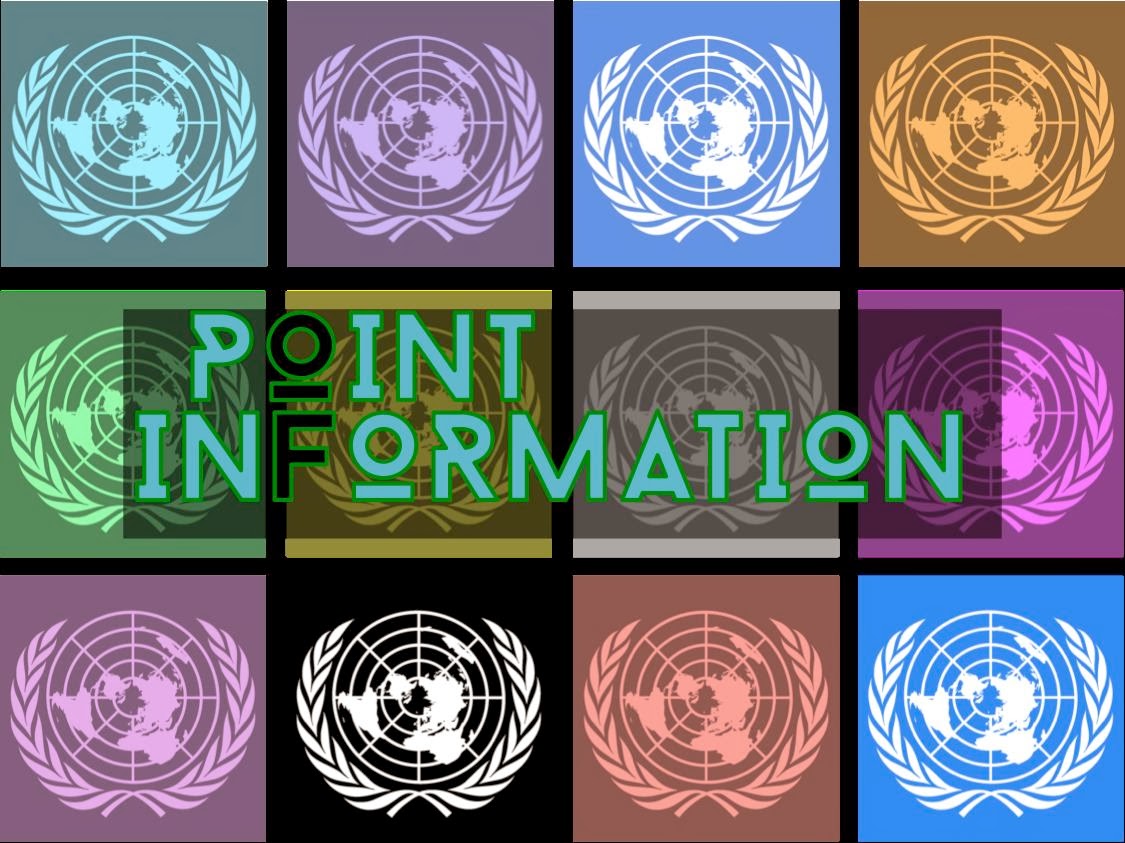JHUMUNC Called to Order
By Maeve Hasselman for BBC
On February 6, 2014 the largest number of student
delegates ever recorded at a Johns Hopkins Model United Nations Conference
(JHUMUNC) all assembled in the Holiday Ballroom for the opening ceremonies. Not
only is this the largest number of students ever accommodated at JHUMUNC, it is
also the largest number of staff members the conference has seen yet.
It was at the opening ceremonies that delegates were
introduced to their Secretary-General, Kithmina Hewage, a senior from Johns
Hopkins University (JHU) pursuing a double major in international studies and
anthropology, along with a minor in economics for the first time. He lived in
Colombo, Sri Lanka, where he started on his Model United Nations (MUN) path.
When BBC asked Riverview student, Victoria Tibbens, what she remembered most
from his speech she responded with “His call to action. He said student are the
one who will fulfill the promise of the generation, activism. And that reminded
me of why I participate in MUN.”
The delegates also heard from Ian Hooley, a junior
at JHU, originally from Milan, Italy, studying materials science and
engineering with a focus in biological materials engineering. In High School he
was also a MUN student, and informed the delegates that the reason he became
interested in International Politics was because of the backwards actions of
the Ex-Italian Prime Minister.
The Keynote Speaker for JHUMUNC 2014 was Steven
David, the vice dean for undergraduate education at Johns Hopkins University
and a professor in the Department of Political Science. While it was a little
hard to hear him due to the high level of noise from some of the delegates, the
BBC was able to understand many of his main points. He has a strong feeling
that there will be any more global wars due to nations valuing their people’s
lives. Due to the high level of nuclear warfare capability of some nations, it
is extremely intimidating to try to go against another global power, because
the end result could be nuclear warfare, and almost no country would risk that.
He also had a call to action for the delegates, emphasizing that the world can’t
sit by anymore and watch government kill their people, there is a
responsibility to step in. Then, with the delegate’s anticipation of a great
conference ahead, the JHUMUNC was called to order.
Actual Word Count:
378
Assigned Word Count : 350




